Last update images today Religion In The US: A Shifting Landscape
Religion in the US: A Shifting Landscape
Introduction:
The religious landscape of the United States is a vibrant and constantly evolving tapestry. From the historical dominance of Protestantism to the rise of diverse faiths and the growing number of religiously unaffiliated individuals, understanding the "religion map us" is crucial for comprehending the social, political, and cultural dynamics of the nation. This article will explore the current religious demographics, trends, and factors shaping the religious identity of the United States.
Target Audience: Anyone interested in understanding the social, political, and religious landscape of the United States, including students, researchers, policymakers, and the general public.
Religion Map US: A Historical Overview
 *Caption: A map illustrating the distribution of different religions across the United States.*
*Caption: A map illustrating the distribution of different religions across the United States.*
The United States, from its inception, has been a haven for religious freedom, attracting diverse groups seeking to practice their faith without persecution. The early colonies were largely Protestant, with different denominations establishing strongholds in various regions. However, the First Amendment to the Constitution enshrined the separation of church and state, paving the way for religious pluralism. Over time, immigration patterns, social movements, and cultural shifts have significantly altered the "religion map us," creating the complex and dynamic landscape we see today.
Religion Map US: Current Demographics
According to recent surveys and studies, the religious makeup of the U.S. can be broadly categorized as follows:
- Christianity: Remains the largest religious group, although its share of the population is declining. Protestant denominations, Catholicism, and other Christian traditions comprise a significant portion of the "religion map us."
- Religiously Unaffiliated (Nones): This is the fastest-growing religious category, encompassing atheists, agnostics, and those who identify as "nothing in particular." This group now represents a substantial segment of the population.
- Other Faiths: Judaism, Islam, Hinduism, Buddhism, and other religions are present in the U.S., contributing to the country's religious diversity. These faiths are concentrated in specific regions and communities, further enriching the "religion map us."
Religion Map US: Key Trends
 *Caption: A graph showing the change in religious affiliation in the United States over the past several decades.*
*Caption: A graph showing the change in religious affiliation in the United States over the past several decades.*
Several key trends are shaping the "religion map us":
- Decline of Religious Affiliation: The percentage of Americans identifying with a specific religion is decreasing, particularly among younger generations.
- Rise of the "Nones": The religiously unaffiliated are becoming an increasingly significant demographic group, influencing social and political discourse.
- Increasing Diversity: The U.S. is becoming more religiously diverse, with the growth of non-Christian faiths due to immigration and conversion.
- Political Polarization: Religion is increasingly intertwined with political identity, leading to polarization and divisions along religious lines.
Religion Map US: Factors Influencing Religious Identity
Several factors contribute to the evolving "religion map us":
- Generational Shifts: Younger generations are less likely to identify with a specific religion than older generations.
- Secularization: The influence of secular values and beliefs is growing, leading to a decline in religious observance.
- Social and Political Issues: Debates over social issues such as abortion, same-sex marriage, and religious freedom influence individuals' religious identities and affiliations.
- Immigration: Immigration patterns are changing the religious landscape of the U.S., with the growth of non-Christian faiths.
- Technology and Social Media: The internet and social media provide platforms for individuals to explore different religions and connect with like-minded communities, influencing their religious identity.
Religion Map US: Regional Variations
 *Caption: A map displaying the percentage of Christian affiliation in each US state.*
*Caption: A map displaying the percentage of Christian affiliation in each US state.*
The "religion map us" varies significantly across different regions of the country:
- The South: Historically, the South has been dominated by Protestant Christianity, particularly evangelical denominations. This region remains highly religious, with a strong emphasis on traditional values.
- The Northeast: The Northeast has a more diverse religious landscape, with a significant Catholic population and a growing number of religiously unaffiliated individuals.
- The Midwest: The Midwest is a mix of Protestant and Catholic traditions, with variations depending on the specific region.
- The West: The West is the least religious region of the U.S., with a large percentage of religiously unaffiliated individuals and a diverse mix of other faiths.
Religion Map US: Impact on Society and Politics
The "religion map us" has a profound impact on society and politics:
- Political Polarization: Religion often plays a role in political debates, shaping individuals' views on issues such as abortion, LGBTQ+ rights, and religious freedom.
- Social Issues: Religious beliefs influence attitudes towards social issues such as poverty, healthcare, and education.
- Community Involvement: Religious organizations play a significant role in providing social services and fostering community engagement.
- Cultural Identity: Religion is an important aspect of cultural identity for many Americans, shaping their values, beliefs, and traditions.
Religion Map US: Celebrities and Their Religious Beliefs
While not directly impacting the "religion map us" in a demographic sense, the publicly stated religious beliefs (or lack thereof) of celebrities can influence public discourse and individual perspectives.
Who is Mark Wahlberg? Mark Wahlberg is an American actor, producer, and businessman. He is known for his roles in films such as "Boogie Nights," "The Departed," and "The Fighter." He is a devout Catholic.
Mark Wahlberg: A practicing Catholic, Wahlberg has spoken openly about the importance of his faith in his life. He regularly attends church and credits his faith with helping him overcome personal challenges. His public faith can be inspiring for some.
It is crucial to note that a celebrity's religious affiliation doesn't define the broader trends of the "religion map us", but it does add a layer of complexity to the public perception of faith.
Religion Map US: The Future of Religion in the US
The future of the "religion map us" is uncertain, but several trends are likely to continue:
- Further Decline of Religious Affiliation: The percentage of Americans identifying with a specific religion is likely to continue to decrease.
- Growth of the "Nones": The religiously unaffiliated will likely become an even more significant demographic group.
- Increasing Diversity: The U.S. will likely become even more religiously diverse, with the growth of non-Christian faiths.
- Continued Political Polarization: Religion will likely continue to be intertwined with political identity, leading to polarization and divisions along religious lines.
Conclusion:
The "religion map us" is a complex and dynamic landscape shaped by historical trends, demographic shifts, and cultural factors. Understanding these dynamics is crucial for comprehending the social, political, and cultural fabric of the United States. As the country continues to evolve, the "religion map us" will undoubtedly continue to change, reflecting the ongoing interplay of faith, identity, and society.
Q: What is the largest religious group in the United States? A: Christianity remains the largest religious group, although its share of the population is declining.
Q: What is the fastest-growing religious category in the U.S.? A: The religiously unaffiliated, often referred to as "Nones," is the fastest-growing category.
Q: How does the "religion map us" vary across different regions of the country? A: The South is predominantly Protestant, the Northeast has a more diverse religious landscape, the Midwest is a mix of Protestant and Catholic, and the West is the least religious region.
Keywords: religion map us, religious demographics, religious trends, religious affiliation, Christianity, religiously unaffiliated, "Nones", religious diversity, political polarization, religious identity, United States, Mark Wahlberg, celebrity religion.




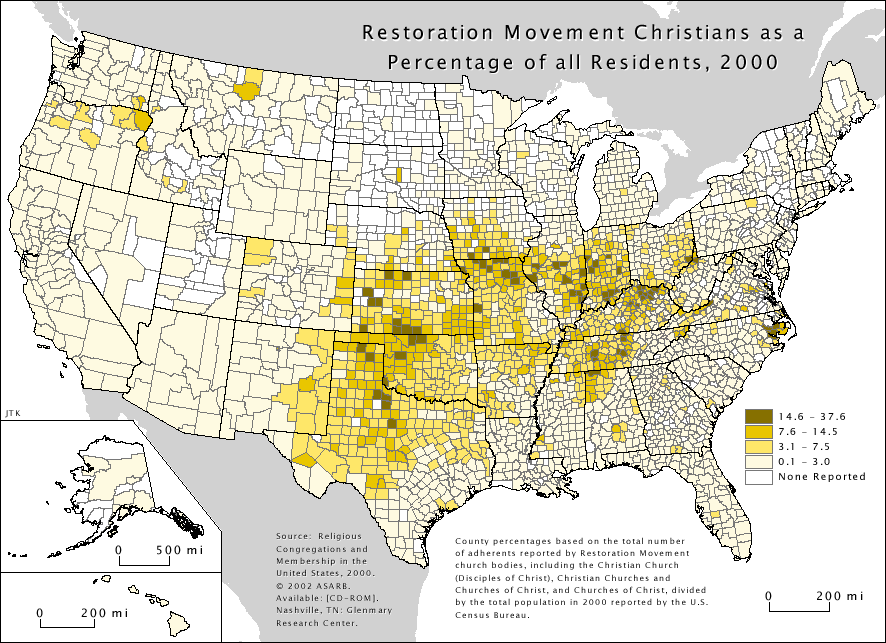
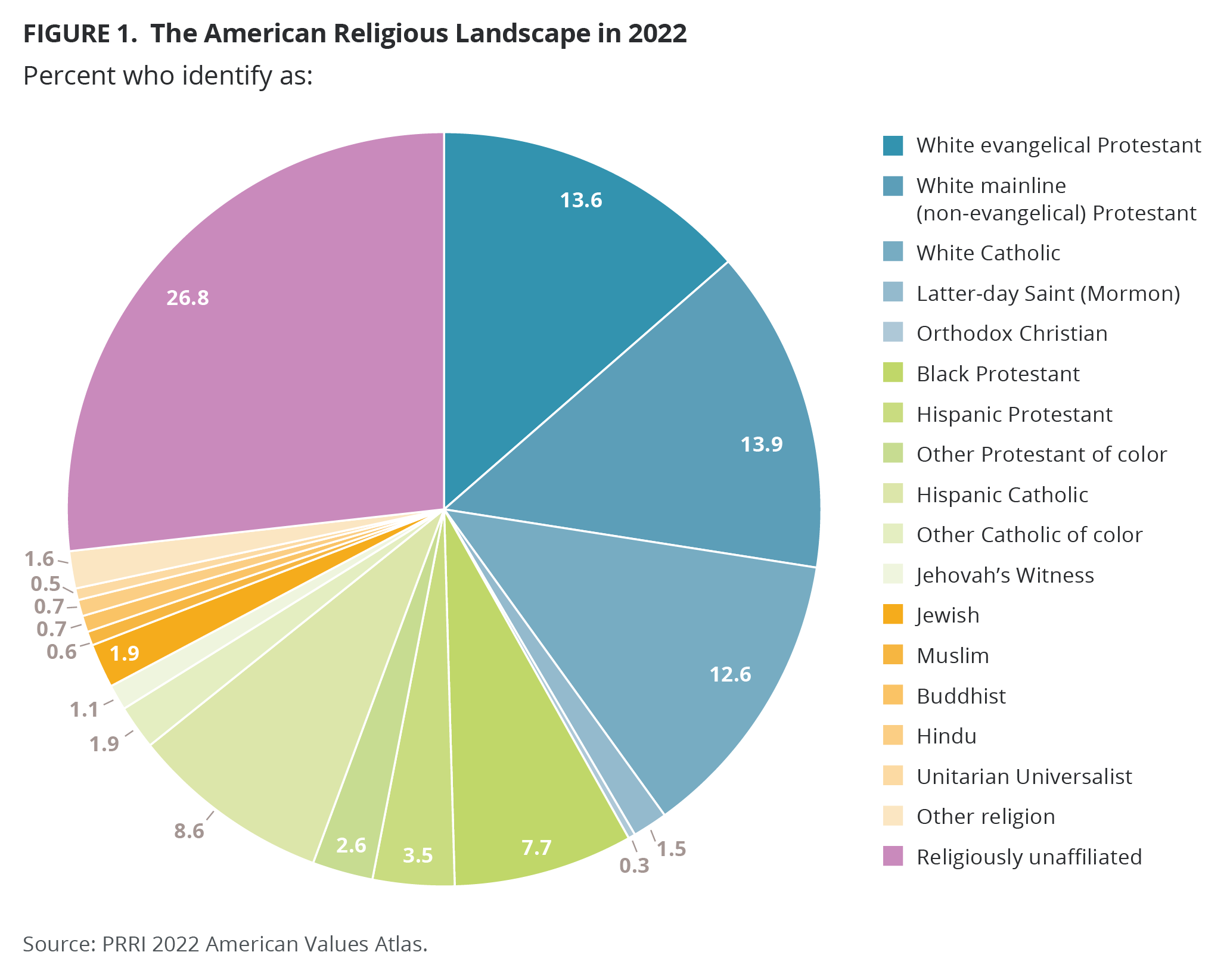



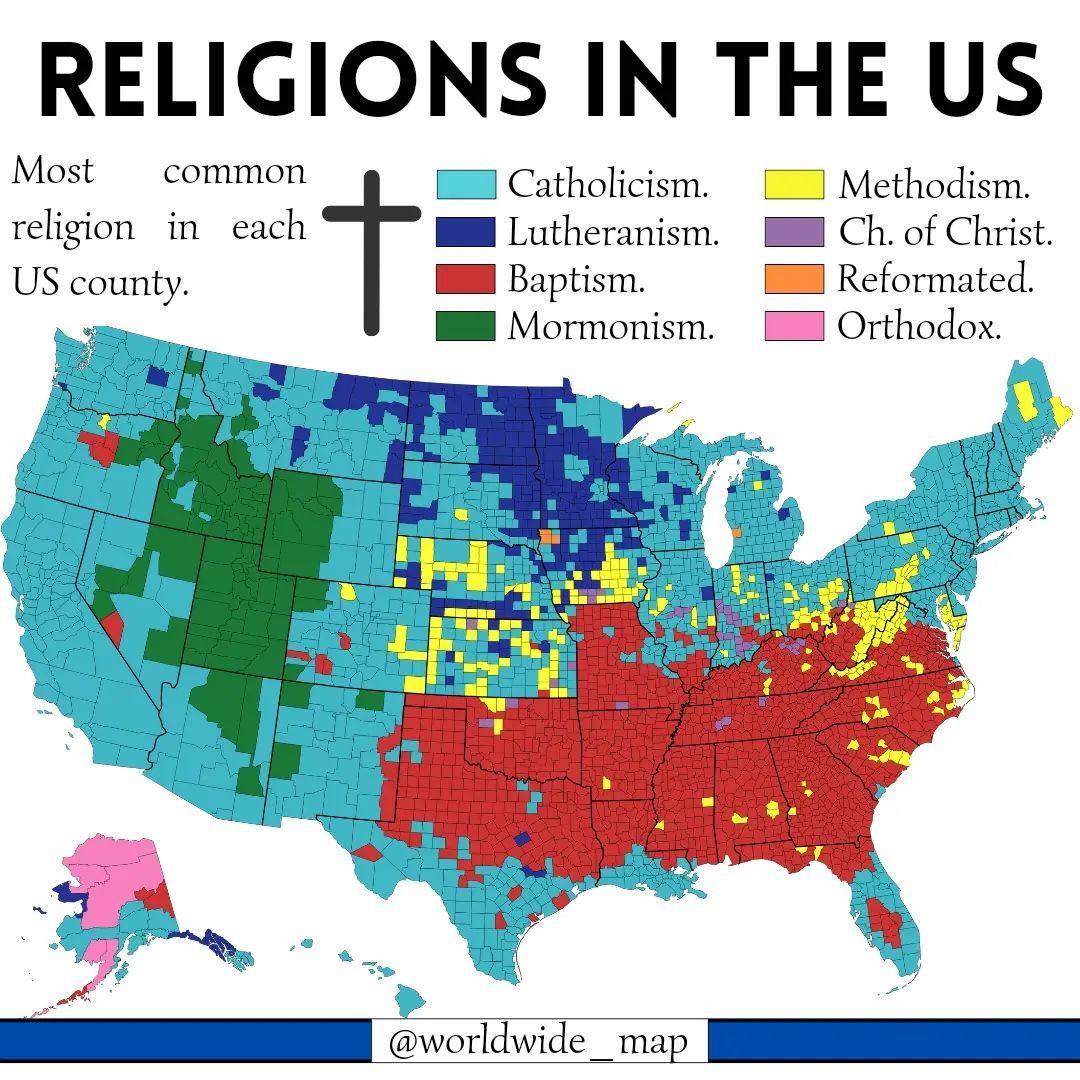
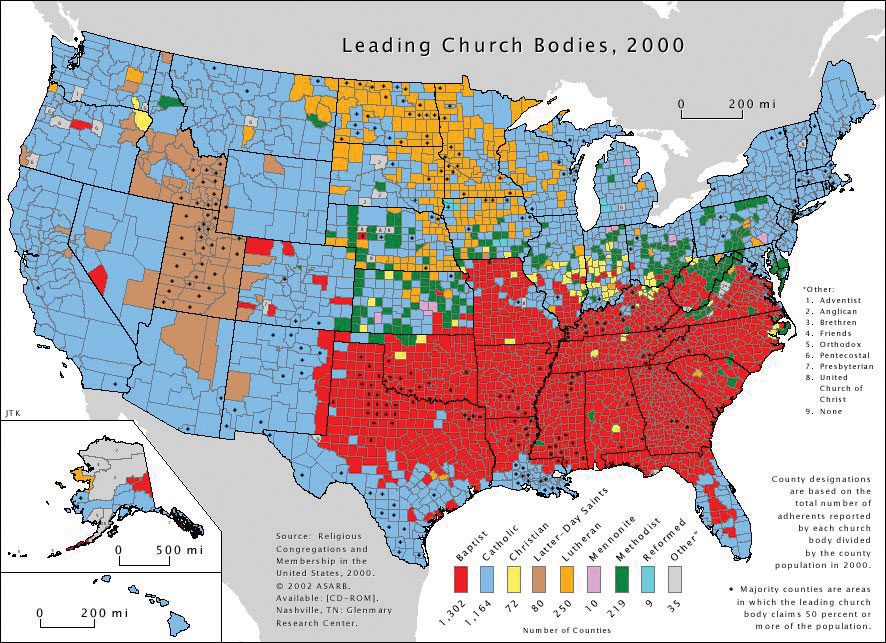
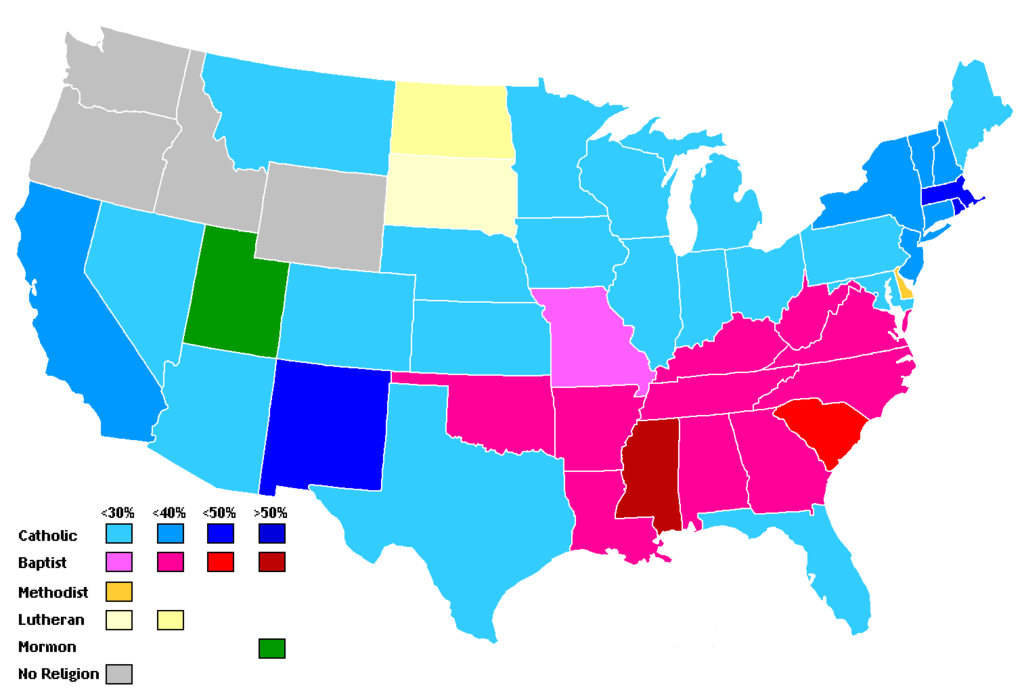
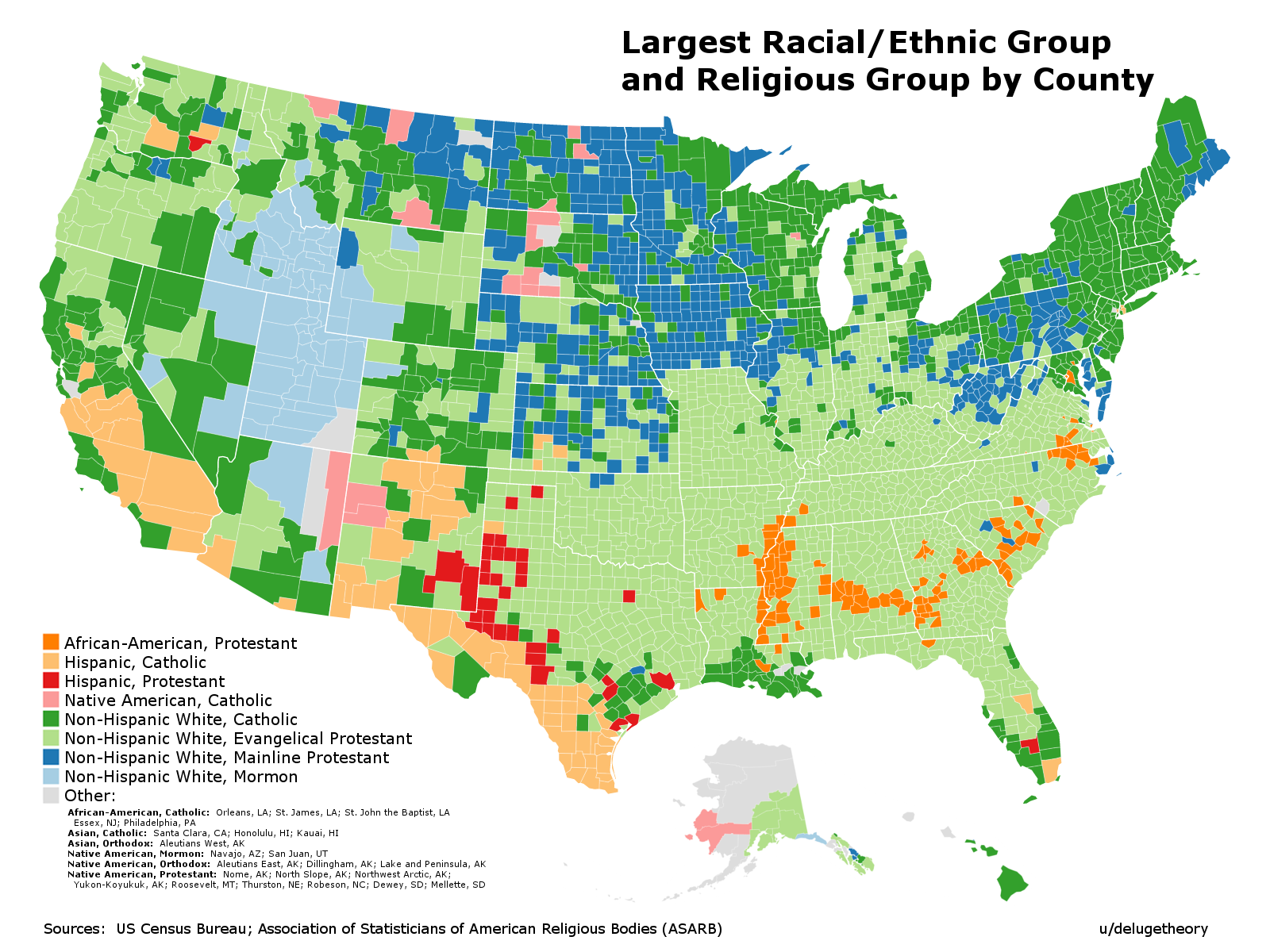
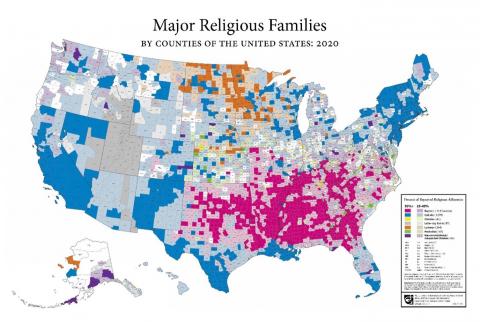

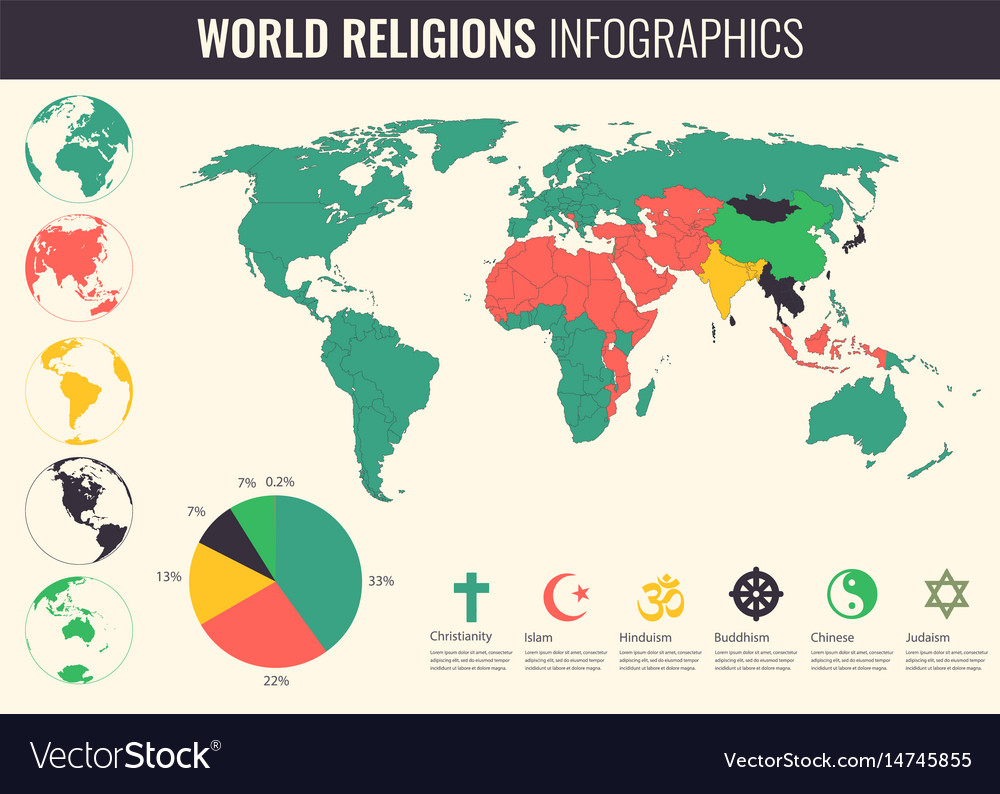

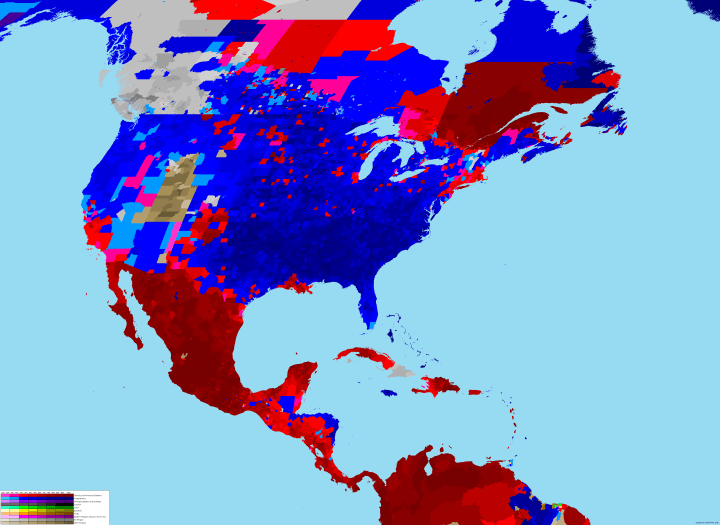
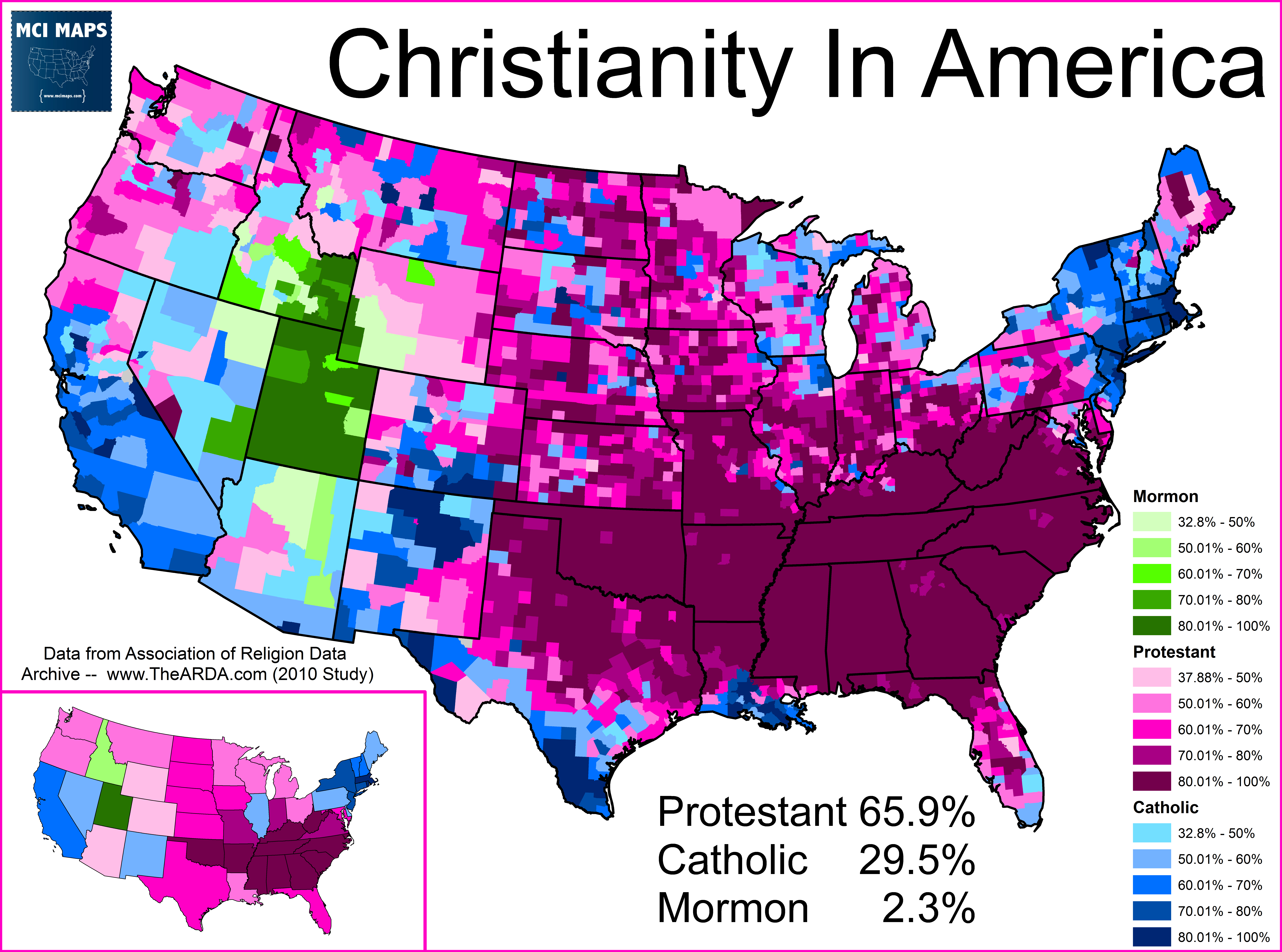
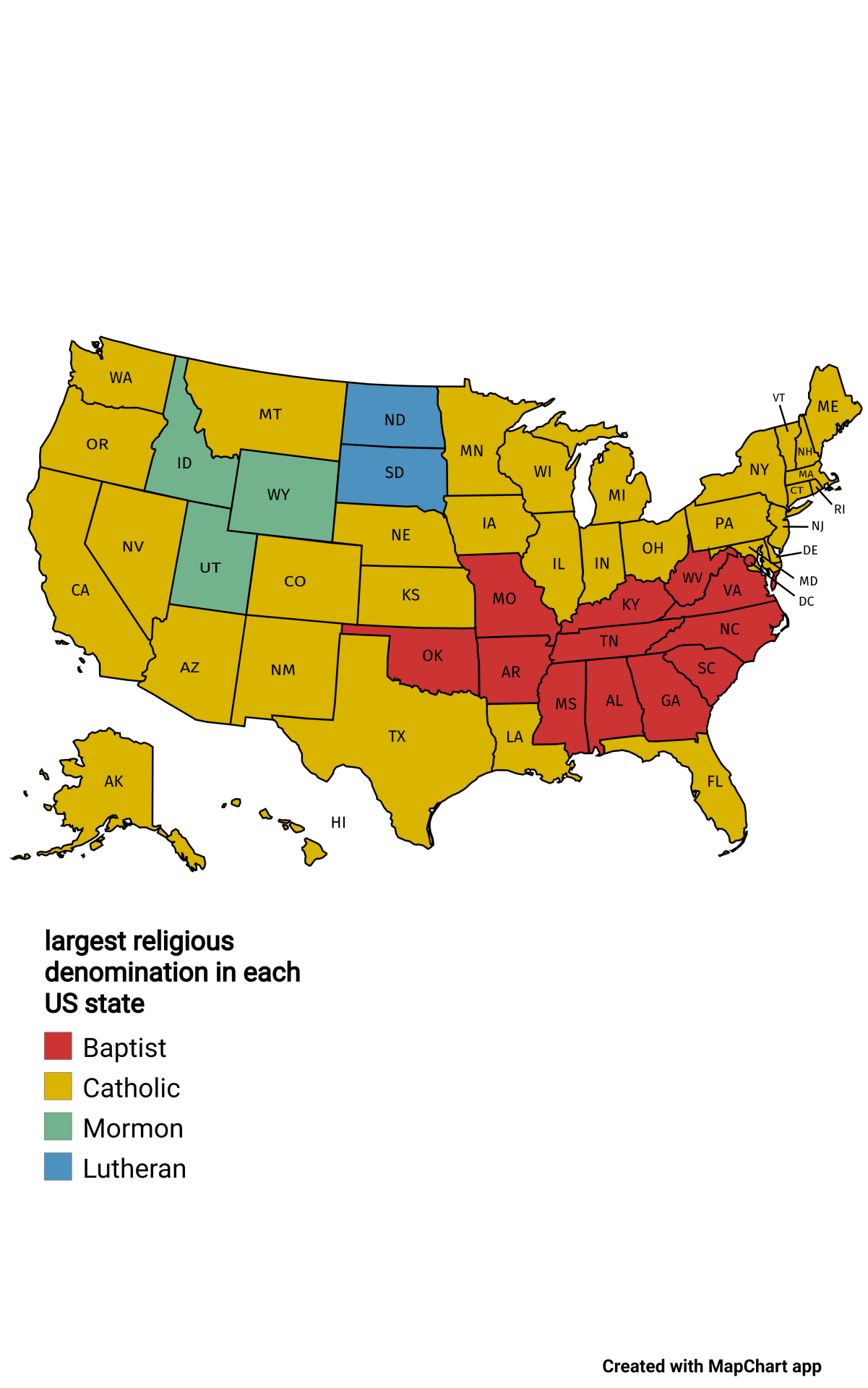


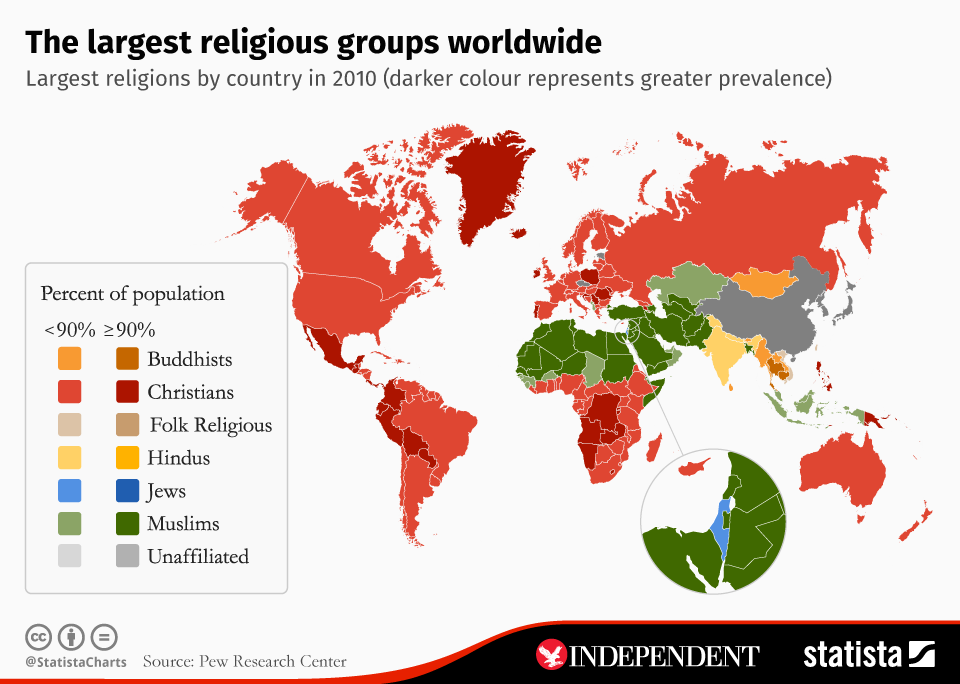
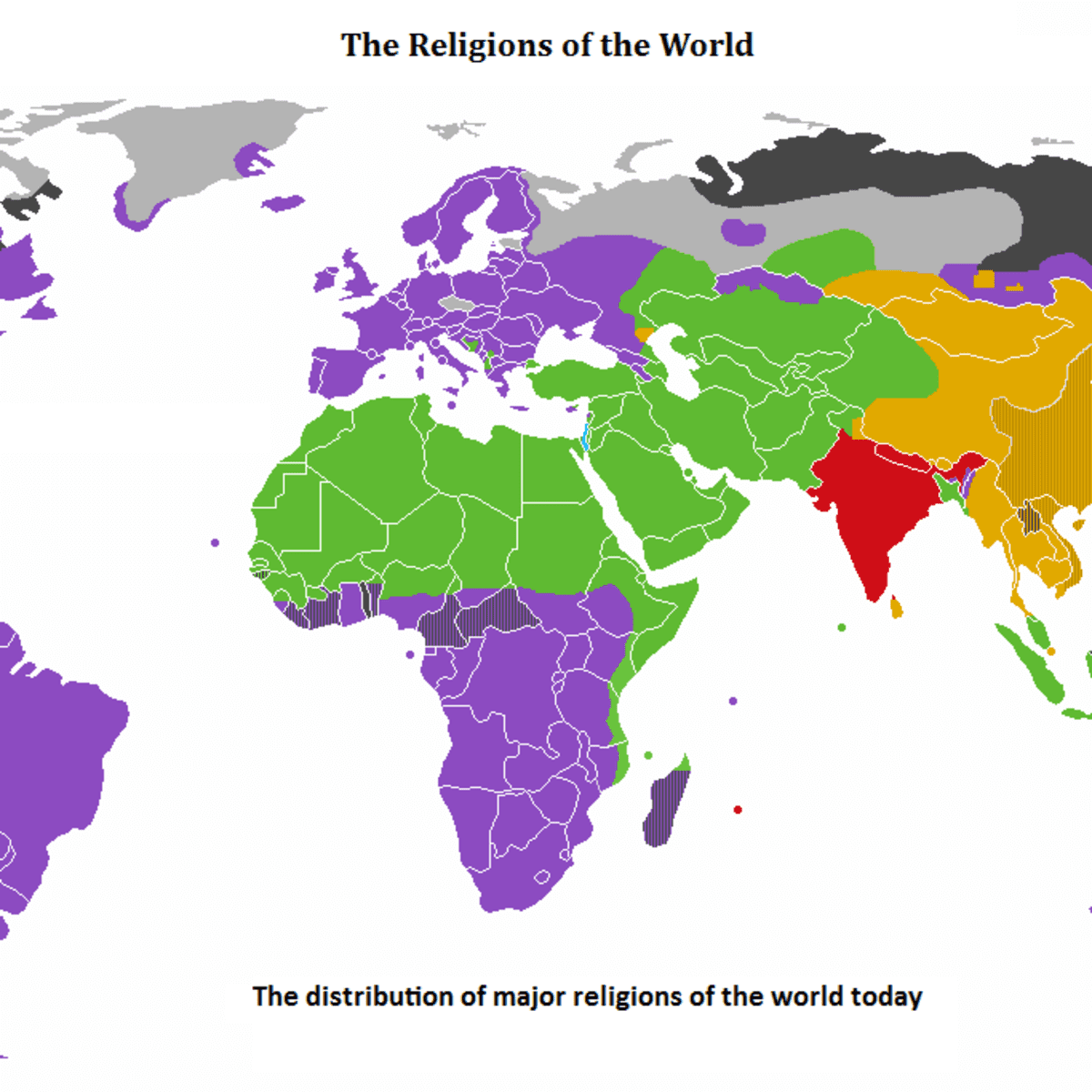

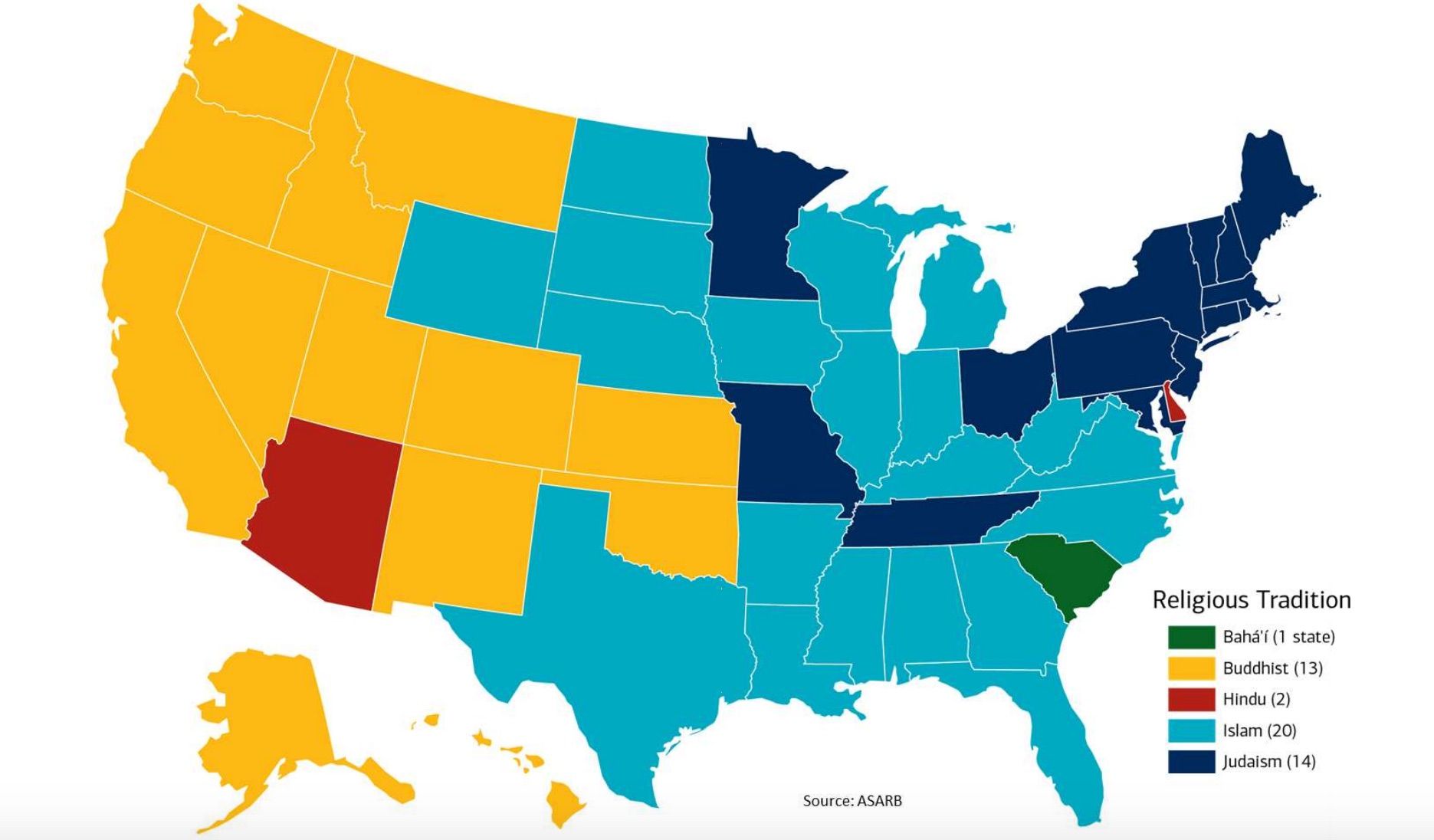
Main Religions In Us USRC Report Map We Know Americans Have Become Less Religious Surprising New Data Shows WebRNS Burge Graphic1 768x450 Pin On Mapy A2459d7dafcf8d482299a2977205c91e United States Population 2024 By Religion Jeane Lorelle 38b2b4f0a71dc29732dc7b6b35f99363
Religious Geography Of The United States FlowingData Christian1 Largest Religion Groups In United States Of America By Population 1AD Maxresdefault The Most Common Religions Per Country OBJECTIVE LISTS WORLD RELIGIONS MAP 01 How Many Churches In America 2025 Yvonne D Schafer 7098d1744ab9b04a20822148106cb5a92ff9a58c Maps And Graphs About Religion In America That You Need To See YouTube Maxresdefault Largest Religions In The World 2025 Blake Chickie 20160411 Largest Religious Percentage Religion In The United States In Every States 2023 YouTube Maxresdefault
13 Insightful Maps Of U S Religion 1024px Religions Of The US Main Religions In Us US Religions2 Main Religions In Us Trv0tzpr04jy Major Religious Groups In The World 1945 2025 Most Popular Religions 2025 Christianity In The US By County Source Association Of Religion Data I17tn3xr8sb71 Top 5 Religions In The World 2025 Imogen Pammie The 5 Major Religions Of The World Detailed Maps Of The Worlds Religions Vivid Maps K4dsxobdlgf21 Overall Religiosity By U S State Vivid Maps Religiosity
Most Converted Religion In World 2025 Wallace J Dillard World Religions Infographic With Map Charts Vector 14745855 What Are The Largest Religions In The US Religions US Incredibly Detailed Map Of The World S Religions Brilliant Maps North America Relgion Map Religions In The US By Worldwide Map Maps On The Web 897747fc24b17c9205f1a6518316f666b6ab1ee3 Us Population 2024 By Race And Religion Issy Bernadina PRRI Feb 2023 Religion Fig 1 Reformation Day Christianity In America MCI Maps Election Data Christianity World Population Religion Wise 2025 Nolan Dawsons Major Religions World Population Religion Wise 2025 Nolan Dawsons Most Popular Religions In The World
Christianity In The US Counties Vivid Maps US Ethnic Groups Animated Map Shows The Most Religious States In America YouTube Maxresdefault

